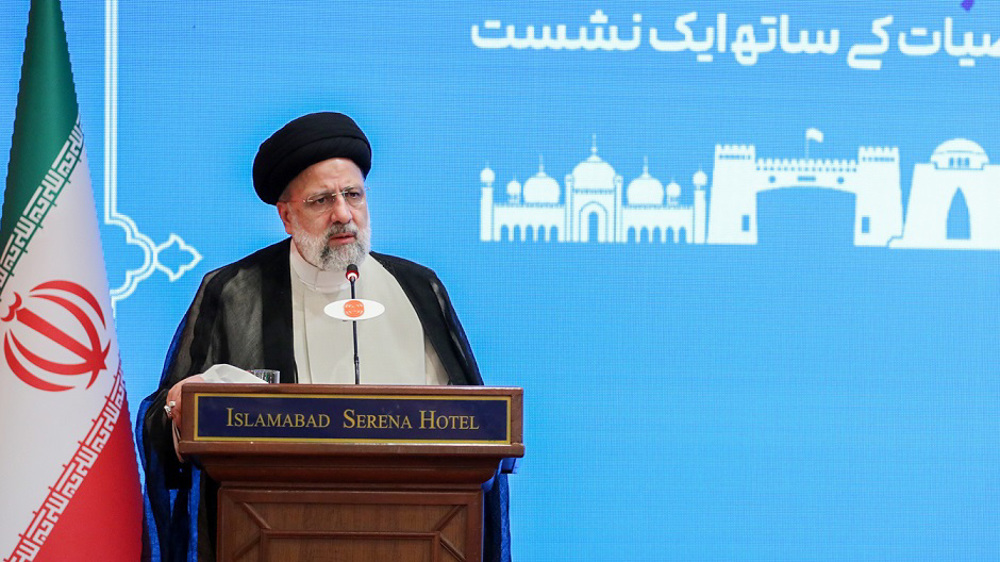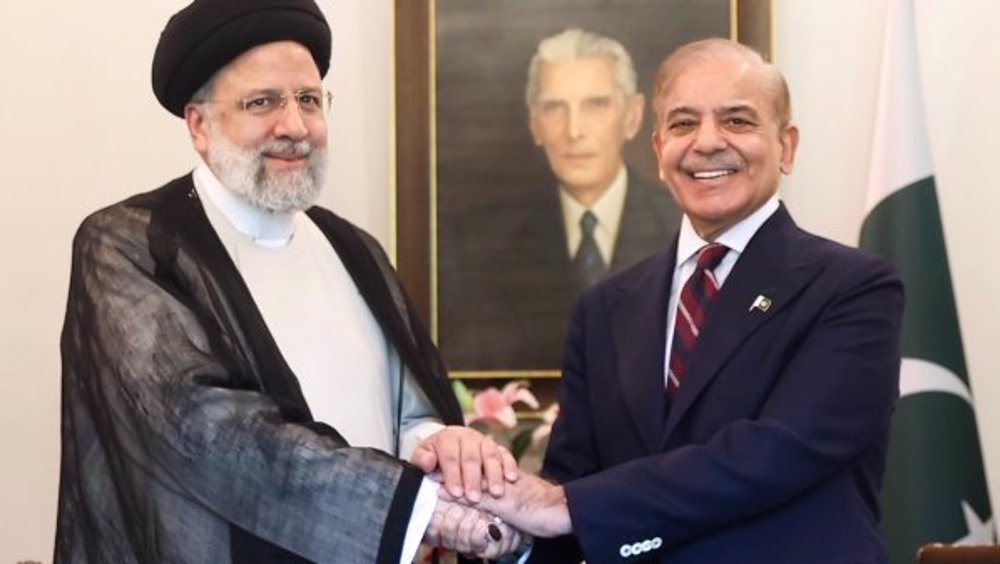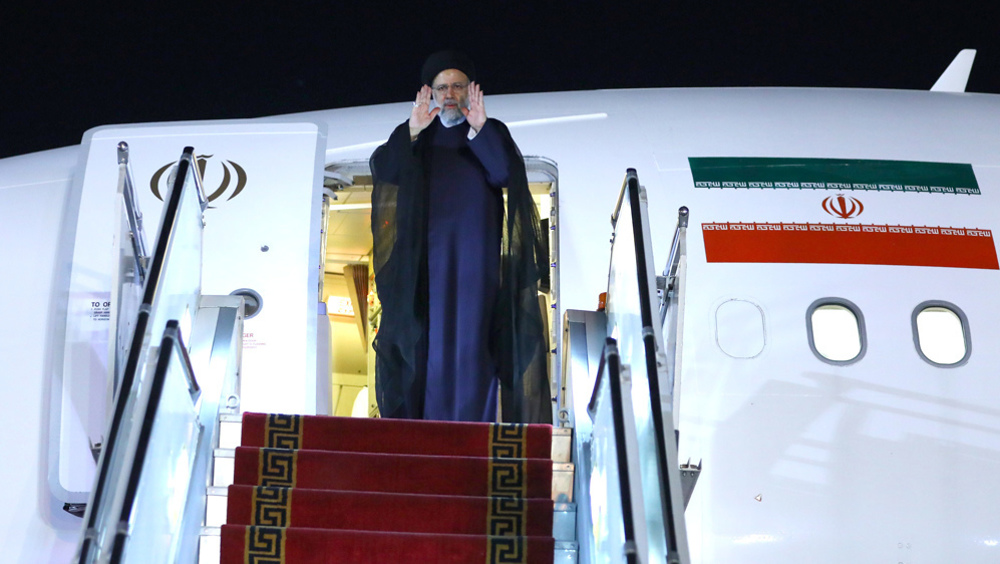Pakistan resumes repatriating Afghan refugees despite criticism
Pakistan has resumed its mass repatriation of Afghan refugees under a UN program weeks after an international human rights watchdog criticized Islamabad for deporting thousands to a war-torn nation.
Duniya Aslam Khan, a spokeswoman for the United Nations refugee agency UNHCR, made the announcement on Monday. The operation was halted in December for a routine winter break.
"The UNHCR voluntary repatriation program for registered Afghan refugees resumed today," Khan said, adding, "UNHCR advocates for all refugee returns from Pakistan to be voluntary, gradual and take place in conditions of safety and dignity."
Elsewhere in her remarks, the spokeswoman confirmed that the UN had cut its cash grant for returnees from $400 to $200, citing "financial constraints facing humanitarian operations worldwide".
The UN has said that the grant was doubled in 2016 and became a factor in the surge of returnees across the border to Afghanistan after July last year.
The UN program saw 380,000 of the 1.5 million registered Afghan refugees sent back from Pakistan in 2016. Pakistani authorities want to see similar numbers return to their home country in 2017.
Some half a million undocumented refugees are also estimated to still be in Pakistan.
Pakistan has extended a deadline for the refugees to leave its territory from March 2017 to December.
Aid workers worry that the returnees are going back to a country in conflict and economic crisis, led by a government already struggling to maintain basic living standards.
The New York–based Human Rights Watch (HRW) in a scathing report in February accused Pakistan of coercion, threats and abuse in the mass repatriation, and the UN refugee agency of complicity.
Read more:
The report said a combination of insecure legal status, the threat of deportation during winter and police abuses had left Afghan refugees with no choice but to leave.
The rights group is also critical of the UN agency for what its investigators regard as a failure to ensure that Afghan refugees are truly returning voluntarily, as called for under international law.
It accused UNHCR of effectively encouraging the exodus by doubling the cash grant. The report said the UN body should end the "fiction" that the returns are voluntary.
The UN body has rejected the criticism.
Some Afghan refugees have been sheltering in Pakistan for decades. They first fled across the border after the Soviet invasion of 1979.

The returnees will compete for resources with a record half a million people who were internally displaced by fighting across Afghanistan in 2016.
Some 4.2 million Afghan refugees have returned to Afghanistan under the UNHCR-funded Voluntary Repatriation program since 2002.
European Parliament members criticize EU as 'accomplice’ in Israeli war on Gaza
VIDEO | Modi's anti-Muslim hate speech sparks outrage in India amid elections
Israeli war machine claims more civilian lives across Gaza
US Senate passes multibillion-dollar aid package for Israel amid Gaza war
VIDEO | Taliban press ahead with war on drugs
VIDEO | UK govt. Rwanda bill denounced as 'state-sponsored people trafficking'
VIDEO | Iran president visits Lahore, Pakistan’s cultural hub
North Korea: US military drills drive regional security into turmoil










 This makes it easy to access the Press TV website
This makes it easy to access the Press TV website